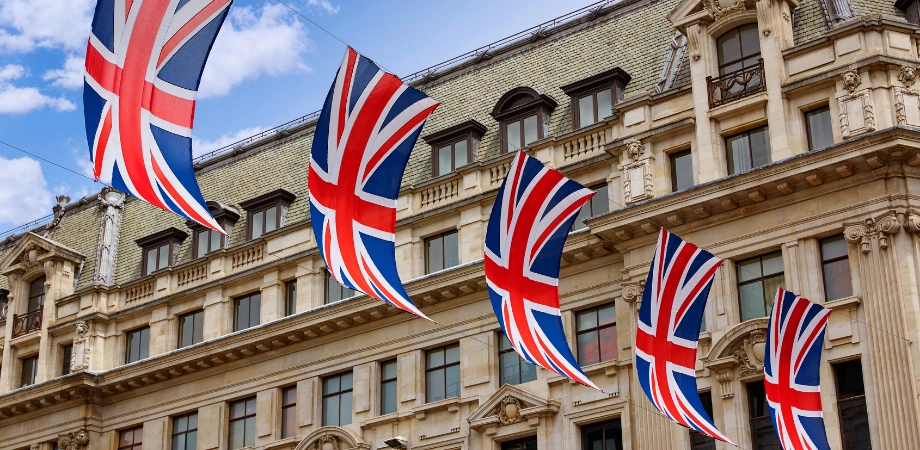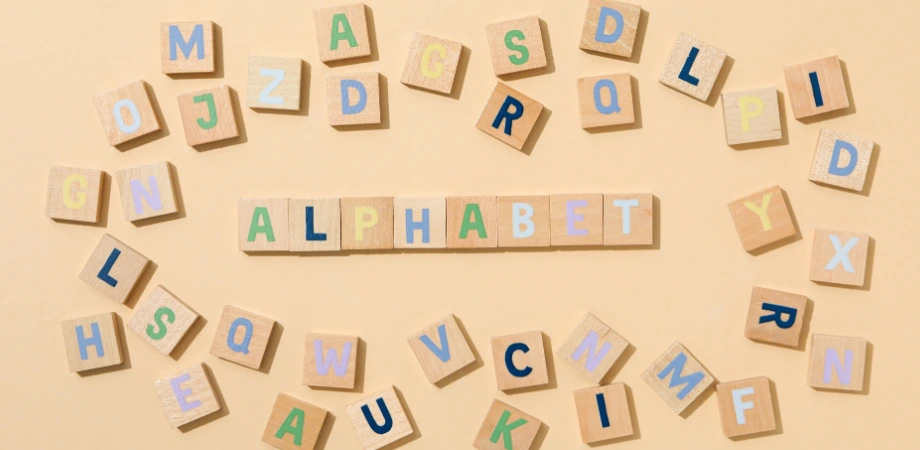The United Kingdom is known for its cultural diversity, and this is reflected in the wide range of languages spoken across the country. While English remains the dominant language, the growing number of international communities has introduced a variety of other languages. Understanding the most spoken languages in the UK is essential for businesses and organizations aiming to reach broader audiences. In such a multilingual environment, the demand for professional translation services is on the rise, helping bridge communication gaps and ensuring inclusivity for all language speakers in the UK.
The Linguistic Diversity of the UK
The United Kingdom is home to a rich tapestry of languages, thanks to its long history of immigration and cultural exchange. While English is the primary language spoken by the majority, the UK’s linguistic landscape extends far beyond this, encompassing a variety of both native and foreign languages. From Welsh and Gaelic to Punjabi and Arabic, the UK is a true reflection of global linguistic diversity. This makes the UK an exciting case study for understanding the most spoken languages in the UK and how they shape its multicultural society.
A key aspect of the UK’s linguistic diversity is the distinction between dialects vs languages. For example, while English is spoken across the country, regional dialects such as Scouse, Geordie, and Cockney create a unique flavor to the language. On the other hand, there are fully distinct languages like Welsh and Scottish Gaelic, which have their own grammatical rules and vocabulary, further enriching the country’s linguistic profile.
English: The Dominant Language

Despite the rich array of languages spoken across the country, English remains the dominant language in the UK. It serves as the primary mode of communication in government, business, education, and media. As the native language of around 98% of the population, English acts as a unifying force, bridging the diverse cultures and backgrounds of people living in the UK. However, it’s important to recognize the diversity within the language itself, as various English dialects such as Cockney, Scouse, and Geordie add unique regional flavors, further enriching the linguistic landscape of the country.
However, English is far from being the only important language in the country. Understanding the most spoken languages in the UK beyond English is critical for businesses, educators, and service providers looking to cater to the country’s diverse population. This is particularly important in areas like healthcare, education, and legal services, where the need for effective communication across multiple languages is essential.
The Most Spoken Languages in the UK After English
In addition to English, there are several other widely spoken languages in the UK. According to recent data, Polish is the second most commonly spoken language, followed by Punjabi, Urdu, and Bengali. These languages reflect the significant immigrant communities from Eastern Europe and South Asia, contributing to the vibrant multicultural makeup of the UK.
Beyond these, other most spoken languages in the UK include Arabic, French, and Portuguese, driven by both immigration and global business connections. The prevalence of these languages highlights the growing need for comprehensive translation services, which are essential for businesses and public services aiming to reach non-English speaking communities and provide inclusive communication.
Polish
Polish is the second most spoken language in the UK after English, largely due to the significant Polish immigrant population that has grown since Poland’s accession to the European Union in 2004. Many Polish speakers reside in cities like London, Birmingham, and Manchester, making Polish a crucial part of the UK’s multilingual landscape. As one of the most spoken languages in the UK, Polish plays a key role in industries ranging from construction to healthcare, where communication with Polish-speaking communities is essential.
Punjabi
Punjabi is another of the most spoken languages in the UK, especially within large South Asian communities in cities like London, Birmingham, and Leicester. The language has been spoken in the UK for decades, thanks to generations of immigrants from India and Pakistan. Punjabi is widely spoken at home and in religious institutions, particularly among Sikhs, making it a vital language for public services and businesses in areas with large Punjabi-speaking populations.
Urdu
Urdu is closely tied to the Pakistani community in the UK, which has a long history of immigration and cultural contributions. Spoken by hundreds of thousands of people, it is one of the most spoken languages in the UK and is used extensively in both family settings and public gatherings. Urdu is also a key language for media, with newspapers, TV channels, and radio stations catering to the Urdu-speaking population.
Bengali

Bengali, also known as Bangla, is predominantly spoken by the Bangladeshi community in the UK, which is concentrated in cities like London, particularly in the borough of Tower Hamlets. As one of the most spoken languages in the UK, Bengali is essential for effective communication in areas with high Bangladeshi populations. It’s a common language in both everyday life and cultural events, making it important for businesses and public services looking to engage this community.
Gujarati
Gujarati is widely spoken among the Indian population in the UK, particularly by those who have roots in the Indian state of Gujarat or have come to the UK via East Africa. Cities such as Leicester and London have large Gujarati-speaking populations. As one of the most spoken languages in the UK, Gujarati is frequently used in homes, businesses, and religious contexts, particularly within Hindu and Jain communities.
Arabic
Arabic has become one of the fastest-growing languages in the UK, largely due to immigration from the Middle East and North Africa. It is now one of the most spoken languages in the UK, with communities of Arabic speakers spread across major cities. Arabic is also important for religious contexts, particularly within the Muslim community, where the language is central to religious texts and daily practices.
French
French is historically and currently one of the most spoken languages in the UK, particularly due to its role in education and diplomacy. Many people in the UK learn French as a second language, and there are also French-speaking communities, especially in London, where a large number of expatriates from France and Francophone countries reside. French continues to be a vital language for both business and cultural exchanges.
Welsh and Gaelic (Celtic Languages)
Welsh and Scottish Gaelic are two of the most prominent Celtic languages still spoken in the UK. Welsh is the official language of Wales and one of the most spoken languages in the UK in that region. It is widely taught in schools and used in public signage, government documents, and media. Scottish Gaelic, although less widely spoken than Welsh, remains significant in parts of Scotland, particularly in the Highlands and Islands. These languages are a key part of the UK’s cultural heritage, with ongoing efforts to preserve and revitalize them through education and media.
How the Most Spoken Languages in the UK Influence Culture and Society

The most spoken languages in the UK have a profound impact on the country’s culture and society. Languages like Polish, Punjabi, Urdu, and Bengali have shaped the cultural fabric of cities such as London, Birmingham, and Manchester. These languages influence everything from food and music to festivals and religious practices. As a result, the UK has become a vibrant multicultural society where diverse linguistic traditions are celebrated and embraced, enriching the daily lives of millions of residents.
In education and media, the most spoken languages in the UK play a key role in shaping access to information and learning opportunities. Schools in areas with large non-English-speaking populations often offer bilingual education programs, ensuring students can excel academically while maintaining their linguistic heritage. Furthermore, media outlets cater to various language communities, with newspapers, radio, and TV channels broadcasting in languages like Urdu, Arabic, and French. This linguistic diversity not only enhances cultural exchange but also allows people to stay connected with their roots.
For businesses, understanding the most spoken languages in the UK is critical for effectively reaching diverse audiences. Companies offering localization services are crucial in helping brands adapt their content, marketing, and communication strategies to appeal to different language speakers. These services enable businesses to cater to a multilingual customer base, ensuring inclusivity and maximizing their reach in an increasingly globalized market.



